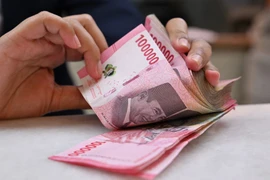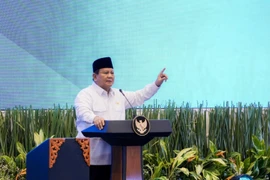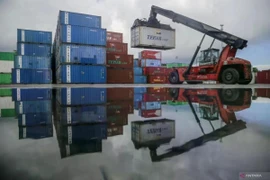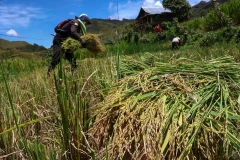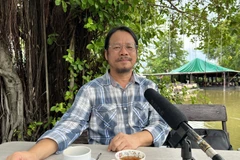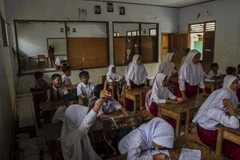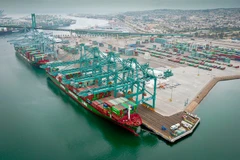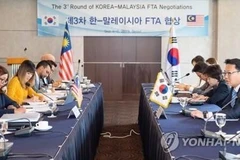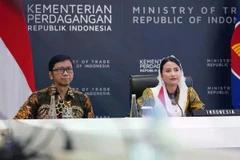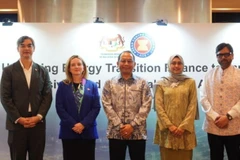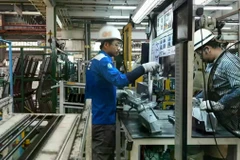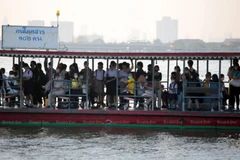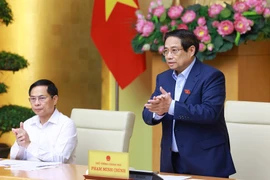Hanoi (VNA) – The Indonesian government is assessing the potential impact of US tariffs on domestic labour-intensive industries, particularly textiles and shrimp processing.
Mari Elka Pangestu, Vice Chair of Indonesia’s National Economic Council (DEN), said on April 18 that it remains uncertain what will unfold in the next 30 to 60 days as negotiations with the US are still underway.
According to Pangestu, the government has formulated several initiatives to mitigate the adverse effects of the 32% tariff on Indonesian exports. These include the establishment of a task force dedicated to addressing layoff-related issues.
Indonesian President Prabowo has instructed cabinet members to urgently explore employment measures following a warning from Said Iqbal, President of the Indonesian Labour Unions Confederation (KPSI), that approximately 50,000 workers could lose their jobs due to the new tariff facing the country.
Additionally, the Indonesian government also plans simplify regulations to attract more foreign investment, including from US businesses.
On April 2, US President Donald Trump revealed a list of new, higher tariffs on products from various countries. However, a week later, he announced a postponement for most countries, including Indonesia, opening room for negotiations./.
